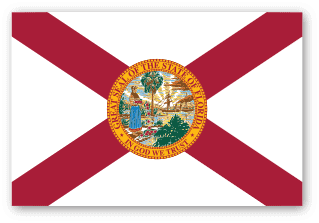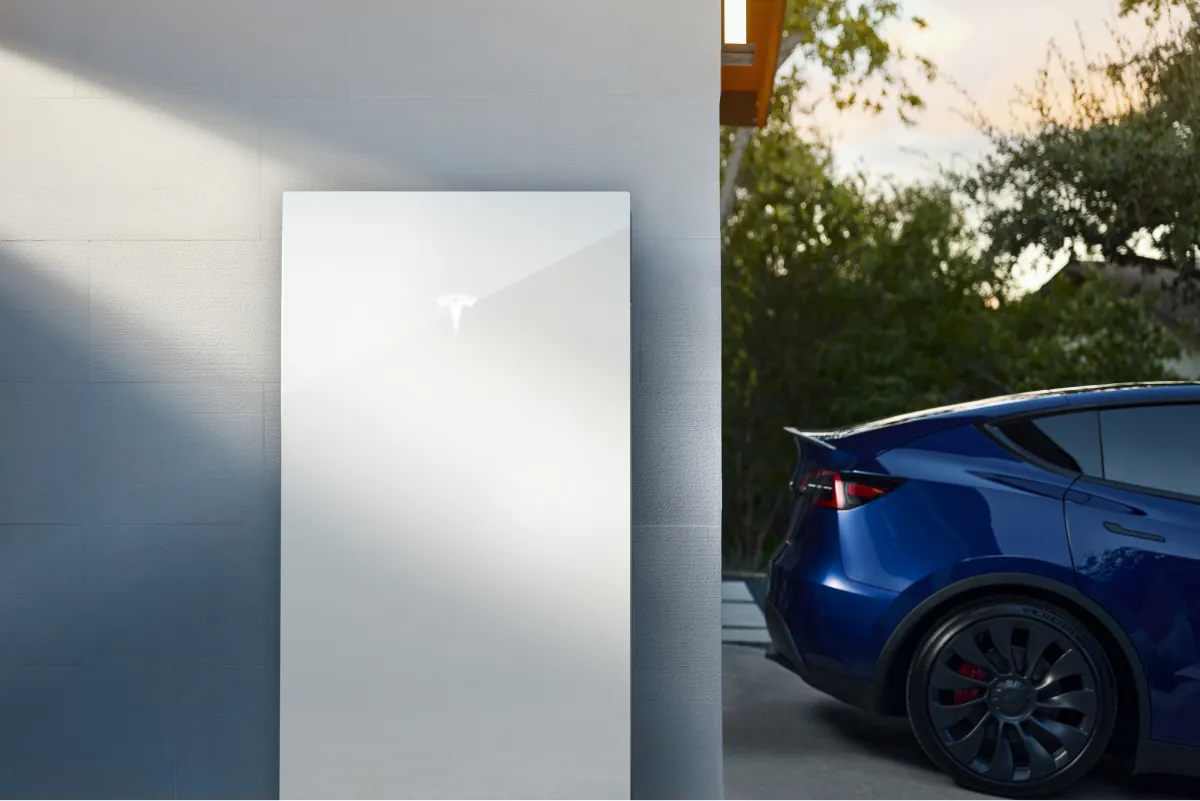SRECs/Net Metering
Solar Incentives
Solar panel incentives are designed to encourage purchasing solar panels by providing financial benefits to individuals that invest in solar energy systems. The most common types of solar panel incentives include federal tax credits, local incentives, net metering programs, renewable portfolio standards (RPS), and property tax exemptions. These are typically offered by governments, utility companies, and other organizations.
Solar Renewable Energy Certificates (SRECs)
- A Solar Renewable Energy Certificate/Credit or SREC = 1 megawatt hour of electricity. It’s the unit used to buy and sell electricity.
- A third-party company tracks and certifies the power generated by renewable energy sources (like your solar electric system).
- SRECs have value because utility companies are mandated to either invest in renewable energy or purchase renewable power from others.
Once the installation of your solar electric system is complete, the system will be inspected and certified by a third-party. After the inspection, a state certification number is generated and is used to register an account to create and manage Renewable Energy Credits.
Solar Energy World partners with an organization that offers a service to manage your account – and they make all this completely hands-free. The entire process is automated so you can enjoy all the benefits with no effort.
Their mission is to provide the critical final component of the Renewable Energy Credit program by establishing a public marketplace connecting sellers directly to suppliers in an easy, transparent and equitable way. When you purchase your system from Solar Energy World, the solar credits you generate belong to you. Talk to our consultants to learn the current value of SRECs and how much a solar system that fits your property can earn.
If you own your solar system, in addition to the tax incentives that make it less expensive to install, you also have the opportunity to earn money from the power you generate. Don’t worry, we set you up with an automated program that takes care of everything required to sell the excess power you generate.
Net Metering
Since today’s solar systems are all tied to the grid, if you generate more electricity than you use, the excess goes back to your utility company, spinning the meter backward and giving you a credit for the electricity your solar panel system generated. In simple terms, net metering allows residential and commercial customers who generate their own electricity from solar power to feed electricity they do not use back into the grid.
Net metering’s billing mechanism then credits solar energy system owners for the electricity they add to the grid. For example, if a residential customer has a PV system on the home’s rooftop, it may generate more electricity than the home uses during daylight hours. If the home is net-metered, the electricity meter will run backwards to provide a credit against what electricity is consumed at night or other periods where the home’s electricity use exceeds the system’s output. Customers are only billed for their “net” energy use. Exported solar electricity also serves nearby customers’ loads.
Jay loved his solar system so much, he came to work for us!
He was one of our top solar analysts and is now our VP of Sales. His solar system was installed in 2011 and continues to produce profits and savings for him.
Want a Free Solar Estimate?
Fill out the form to get started today.








